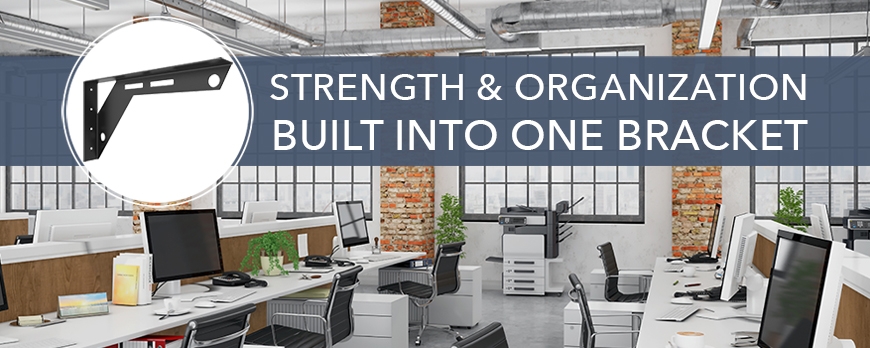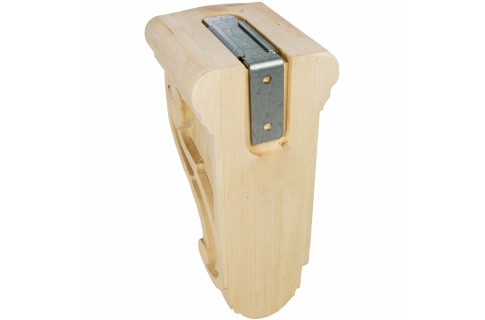Planning a Floating Workstation
Gone are the clunky desks that occupied large portions of home offices or even executive suites in a workplace. Modern offices are opting for open workspaces, allowing for quicker and more fluid sharing of thoughts amongst coworkers and different teams of any organization. Homes are also taking a more minimalist approach, with clean-lined, wall-mounted, or even floating desks. When planning these residential or commercial workstations, one must consider a number of elements in the planning and installation phases in order to create a successful area in which productive, and constant, activity can take place.
1. Sheer Number
When considering spacing, layout, look, and even support for your workstation, you will need to know how many you are planning on having. A standard home office may be tapped out at one or two, but a larger computer lab or office could have to house 20, 50, 70 students or employees. Getting an accurate estimate of how many workstations your project will encompass will better help with setting concrete budgets, design and construction plans.
2. Structural Support
The structural support needed will vary, depending on what type of surface, technology, and accessories will be used in the future as well as the daily wear and tear it may encounter. Knowing whether your surface will be wood, a laminate, or stone will determine how much evenly-dispersed weight your hidden supports will have to maintain. Additional weight, such as desktops, printers, and other accessories will be a minimal, yet still valid, factor in overall stress upon your braces.
Workstations are generally made for just that—work. Therefore, the supports and materials you use should be sturdy and heavy-duty in order to maintain daily use. We recommend using a brace with at least 375 lbs. carry capacity in this sort of high-stress project and make our braces to go above and beyond, with a 500 lb. carry capacity per brace.
3. Organization
Before you get to work on installing, you will have to layout, measure, and plan your design, taking into account important areas to avoid, such as heating vents, and calculating how much desk and knee space is critical for your project. Home workstations, such as in home offices, gardening sheds, or sewing and craft rooms, may demand a larger surface area for cutting patterns, planning potting, or holding academic books. Most corporate offices may simply need space for a desktop, landline, and minimal surface area for writing.
4. Cleanliness
Part of the allure of a floating workstation is in the minimalistic look. Without the added hassle of table legs or hefty brackets, the station can appear tidy and even pretty. This look may be easy to achieve with a mere laptop in a residential space, but, in a commercial location, when you add desktops, towers, and the associated cords and cables, things become more infinitely more complicated and can even become a safety hazard. Leaving cords and towers on the floor not only makes it difficult to properly clean, contributing to dust, but can also swiftly become an issue when someone trips over them or spilled liquids come into contact with them. Wall-mounting desktop towers is a far better option. Taking the extra, and easy, step of running your power cord, ethernet cable, and other accessories through a bracket with cut outs will keep them off the floor, untangled, and out of the way.
Federal Brace makes it easy to a achieve a floating workstation look with their Workstation Bracket Kit, which includes not only two heavy-duty brackets with cut-outs for all your cable organization needs, but also a Universal Computer Tower Mount. Safe and supported. Check it out online at www.FederalBrace.com or call toll-free at 1(877)353-8899 for more design assistance.




